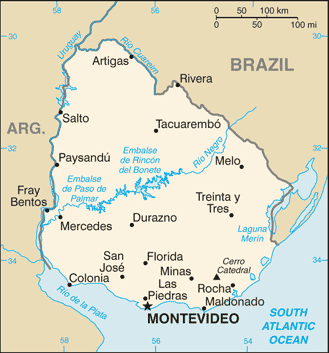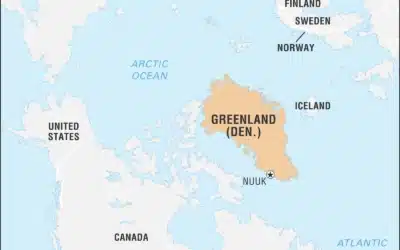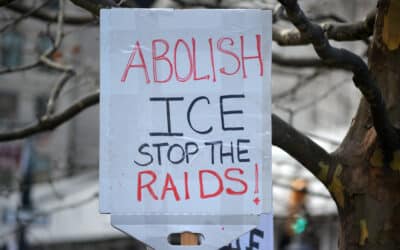We are not talking enough about Uruguay. That small South American country boasts impressive results in its handling of the coronavirus. It is also signaling that it wants to prosper and that it understands more freedom might be the way to go about it.
Under President Luis Lacalle Pou, Uruguay has suffered a very low number of deaths from coronavirus (23 as of June 15) and the number of confirmed cases (848) is small. At no point did the government decree a national quarantine, preferring instead to let individual responsibility, guided by accurate and transparent information that originated from a team of scientists and experts, do the trick.
Rather than shut down the economy (80 percent of it kept going) and send the police or the military to arrest people, as was done in some other countries, the authorities, in coordination with civil society, put an emphasis on testing (proportionally, they are only behind South Korea in the number of tests as a percentage of confirmed cases) and briefly isolating those who had Covid-19. The external borders were shut, but the internal borders were kept open.
Read the rest of this article the Independent Institute.































